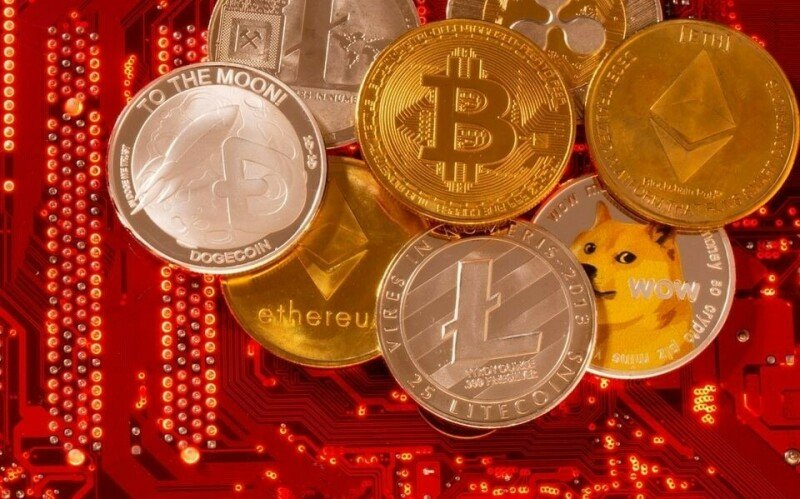EDITORIAL: The evolution of digital assets extends far beyond crypto currencies, and their adoption is rapidly gaining momentum. A significant early sign of acceptance in Pakistan emerged when the finance minister expressed intentions to establish a national crypto council following discussions with foreign delegations involved in the business of digital assets. However, the focus should be broader, aiming to develop a comprehensive Web3 framework. The transition from crypto currencies to Web3 is rooted in the democratization of the financial system — eliminating centralised decision-making and transcending geographical boundaries.
Like most central banks, the State Bank of Pakistan (SBP) remains wary of this concept. However, there is growing recognition that crypto and digital asset markets are real, with financial transactions occurring both within and outside Pakistan — imposing an outright ban impractical. Additionally, Web3 and NFTs (non-fungible tokens) offer multiple applications beyond crypto currency trading. The US$25 billion crypto trading volume and 20 million active users reinforce why Pakistan cannot afford to ignore this sector. Completely rejecting crypto currencies and other digital asset avenues is neither sensible nor feasible. Numerous exchanges facilitate crypto trading globally. While unrestricted access is not advisable, well-established platforms such as Binance and Coinbase should be regulated and formalised.
Currently, individuals in Pakistan are already investing in crypto currencies and other digital assets, including using them for illicit transactions. The decentralised nature of these assets presents both advantages and challenges. A significant portion of transactions on the dark web occurs through crypto currencies, and there are concerns about their use by criminal networks, including terrorist and drug cartels. Allowing crypto currency transactions without proper regulation could also create compliance issues with the Financial Action Task Force (FATF), considering Pakistan’s past struggles with protracted grey-listing. Pakistan should take cue from the UAE, which has successfully formalised and legalised the digital asset ecosystem. Instead of outright rejection, Pakistan should adapt the UAE model, tailoring it to fit its regulatory framework. Establishing a regulated digital asset market should be encouraged, given its vast application and the increasing reliance on such technologies for future governance. Block chain technology offers numerous benefits beyond crypto trading. Its applications extend to both fungible assets, like Bitcoin, and non-fungible assets, which can be leveraged for real estate transactions, car purchases, digital art, and other assets — ensuring clear ownership records due to block chain’s immutable nature.
Not long ago, both the finance ministry and State Bank of Pakistan (SBP) were reluctant to seriously consider digital assets. While SBP remains sceptical, the finance minister is beginning to broaden his perspective — an encouraging development that could help Pakistan to integrate into the global digital finance landscape. SBP must shift its approach toward documentation and digitisation. A well-structured Web3 framework could significantly reduce payment processing costs while enhancing transaction security. This could lower the cost of inward remittances, making formal banking channels more attractive. Additionally, it could facilitate crowd funding and real estate tokenization, among other benefits. The bottom line is that digital assets are a growing reality that cannot be curbed through government or central bank regulations alone, especially given Pakistan’s historically weak enforcement mechanisms. The smarter approach is to embrace and regulate them proactively leveraging their benefits to strengthen the country’s financial ecosystem sooner rather than later.
Copyright Business Recorder, 2025

